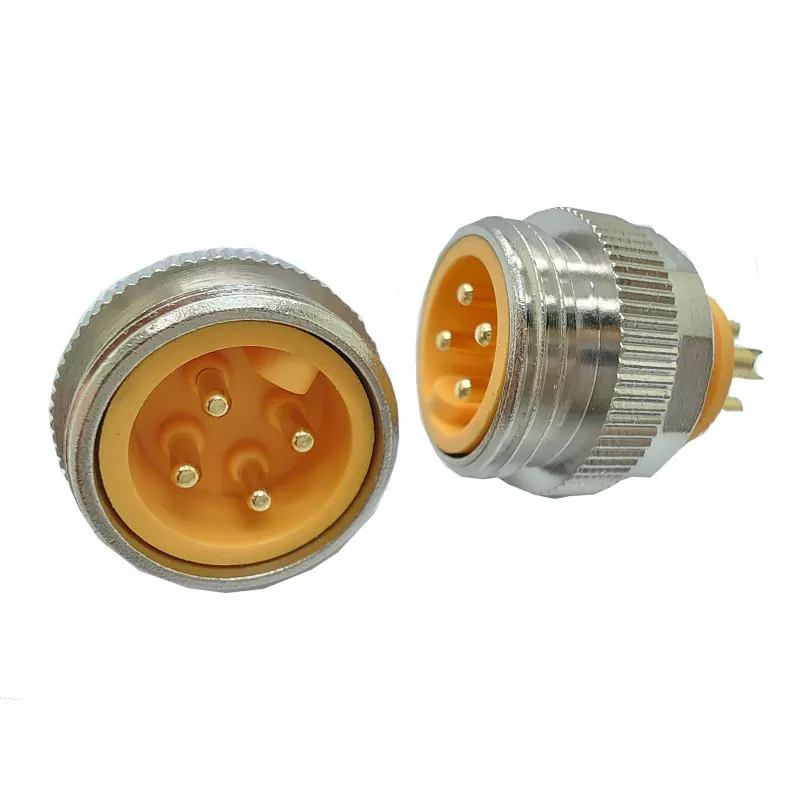Circular Connectors: The Unsung Heroes of Industrial Connectivity
2025-06-11
In a world driven by automation, high-speed communication, and smart technology, the humble circular connector plays a vital behind-the-scenes role. These compact, cylindrical components are essential in ensuring reliable power and signal transmission across industries—from manufacturing and aerospace to medical devices and robotics. But what makes circular connectors so indispensable?

1. What Are Circular Connectors?
Circular connectors are multi-pin electrical connectors with a round housing. Their design provides a secure, rugged connection ideal for harsh environments. Depending on the application, they can transmit power, signal, data, or even fiber optics between systems. Their versatility and reliability make them a popular choice across demanding industries.
2. Key Features and Benefits
Durability: Circular connectors are built to withstand vibration, moisture, dust, and extreme temperatures. Many are sealed to IP67 or IP68 ratings for waterproof and dustproof protection.
Quick Locking Mechanism: With threaded, bayonet, or push-pull locking systems, these connectors are easy to connect and disconnect—ideal for rapid maintenance or equipment changes.
High Density in a Small Footprint: Despite their compact size, circular connectors can host many contacts, allowing for efficient and space-saving installations.
Versatile Mounting Options: Available in panel-mount, cable-mount, and PCB-mount configurations, circular connectors are adaptable to almost any design.
3. Applications Across Industries
Industrial Automation: In sensors, actuators, and robotics, circular connectors ensure seamless communication between systems in harsh environments.
Military and Aerospace: Their rugged design and resistance to shock and vibration make them perfect for aircraft, satellites, and defense equipment.
Medical Equipment: Sterilizable and high-reliability circular connectors are used in diagnostic tools, imaging systems, and surgical instruments.
Transportation: From trains to electric vehicles, they handle everything from power distribution to signal control.
4. Types of Circular Connectors
Some common series include:
M8/M12 Connectors: Widely used in industrial automation for sensor and actuator connections.
MIL-Spec Connectors (e.g., MIL-DTL-5015, MIL-DTL-38999): Built for military-grade performance.
Push-Pull Circular Connectors: Known for their user-friendly locking systems, often used in medical and audio/video applications.
5. Choosing the Right Connector
When selecting a circular connector, consider the following:
Number of contacts needed (pins)
Current and voltage ratings
Ingress protection rating (IP rating)
Operating temperature range
Material and plating (for corrosion resistance)
Mounting and cable requirements
Conclusion: Small Connector, Big Impact
Though often overlooked, circular connectors are vital to modern systems that require robust, reliable, and efficient connectivity. As industries move toward smarter, more automated solutions, the demand for high-performance connectors will only grow. Whether you're designing next-gen machinery or upgrading critical infrastructure, choosing the right circular connector ensures your system performs at its best—day in, day out.


